The latest issue of REME magazine
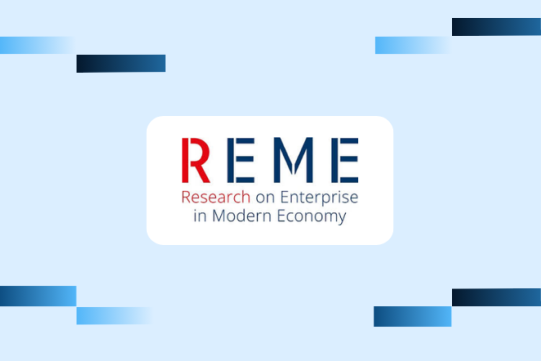
In the newest issue:

In the newest issue:

This workshop is focused on building small, science-based habits that improve your energy, focus, and overall well-being – both in your studies and daily life. You’ll explore practical mental micro-practices such as:

Gdańsk University of Technology is responding to this challenge by launching the region’s first postgraduate programme in Financial Crime Prevention
An industry employing thousands – and still growing
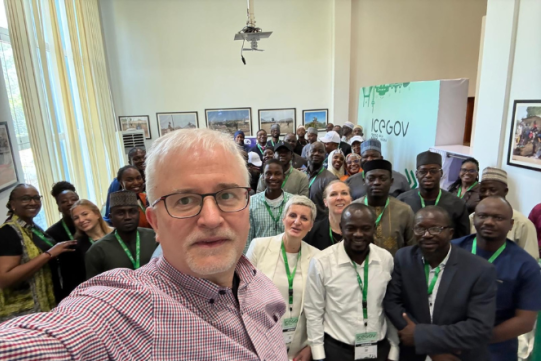
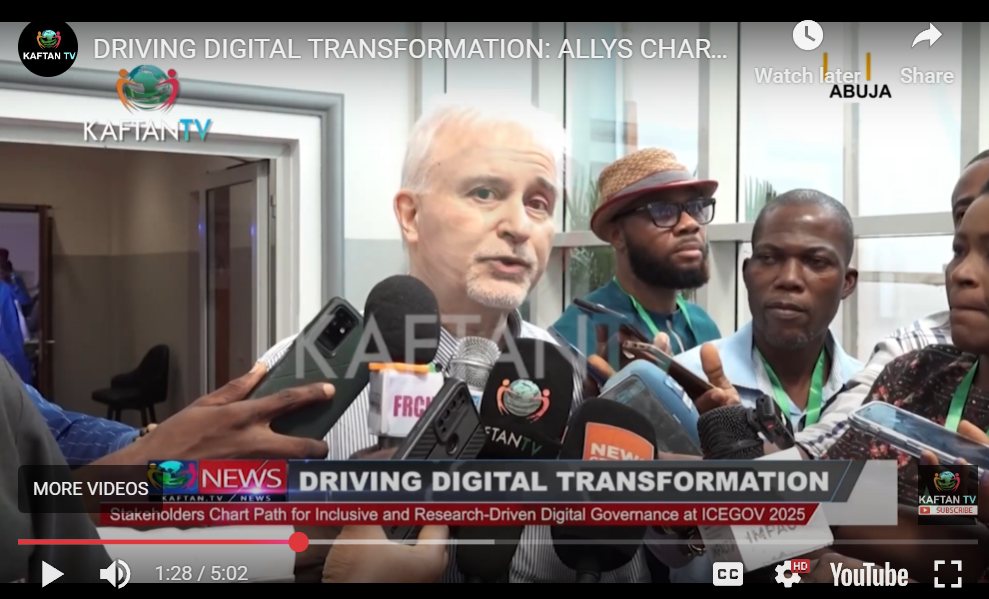
The 18th International Conference for Theory and Practice of Electronic Governance (ICEGOV2025) took place on 4-7 November 2025 in Abuja, Nigeria, under the theme “Shaping the Future of Digital Governance through Cooperation, Innovati

Meeting Details
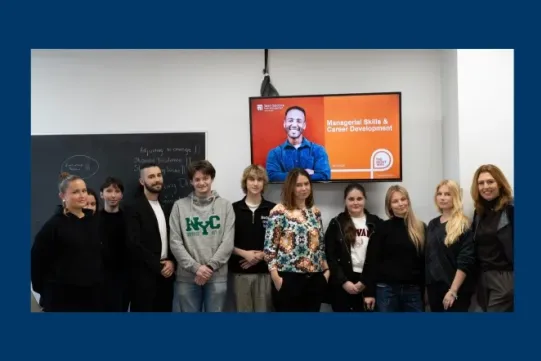
The workshop, titled “Job Market Trends and Career Management,” was conducted by Agnieszka Krzemień, an expert from the American company ManpowerGroup – a global leader in talent strategy, workforce transformation, and employment trends analysis.
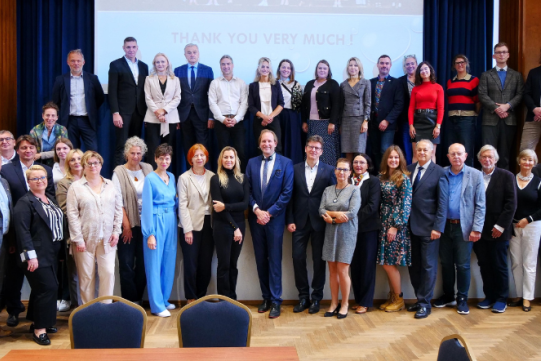
In addition to plenary discussions, the programme included thematic workshops and working meetings of project teams cooperating under the Hanse-Parlament framework. A special focus was placed on the BA&VET project, in which Gdańsk University of Technology plays an active role.

The Welcome Meeting is an information session for newly admitted international students organized at the beginning of each new semester by the International Relations Office together with student organizations. Both students admitted for a full study cycle and students from the Erasmus+ exchange program are invited to participate in the event.